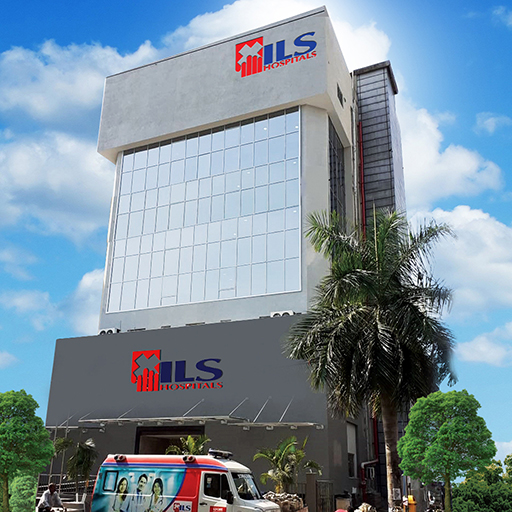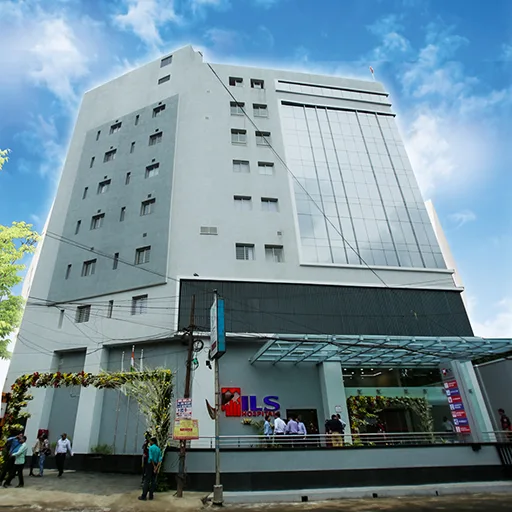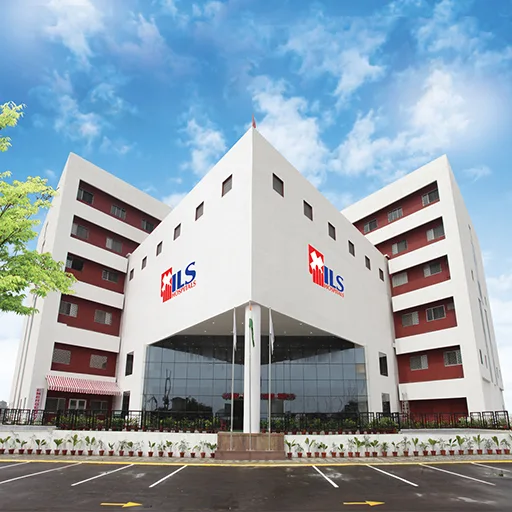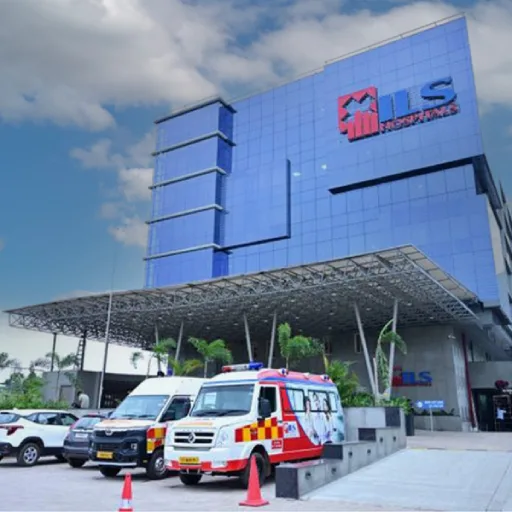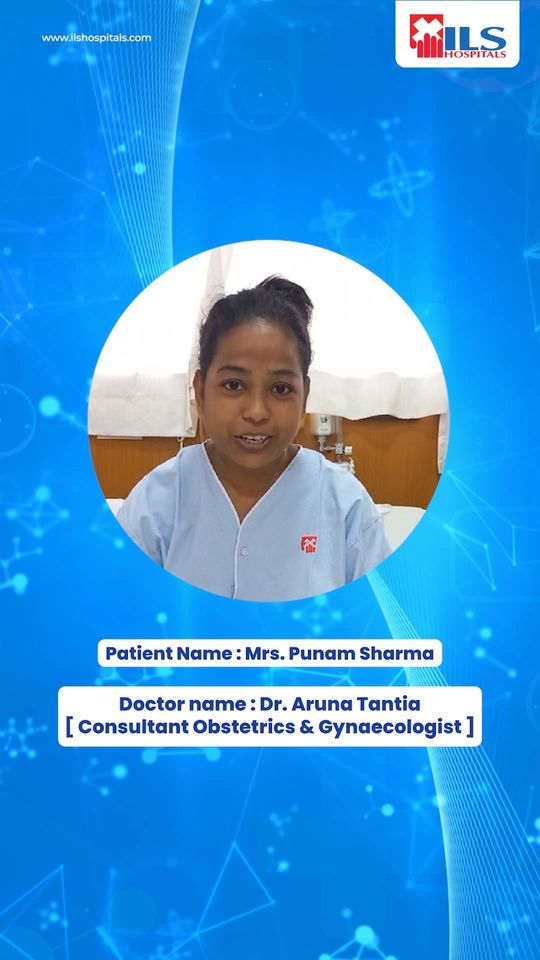Promoting Pulmonary Wellness: Understanding Pleurodesis
At ILS Hospitals, we prioritize respiratory health, offering advanced pulmonology procedures such as Pleurodesis to enhance the well-being of our patients.
What is Pleurodesis?
Pleurodesis is a specialized medical procedure conducted within the realm of pulmonology. It is aimed at managing recurrent pleural effusions, a condition where an abnormal amount of fluid accumulates between the layers of the pleura, the thin lining surrounding the lungs.
How is Pleurodesis Performed?
During the Pleurodesis procedure:
- Preparation: Patients are carefully evaluated, and their medical history is thoroughly assessed to ensure the appropriateness of the procedure.
- Anaesthesia: The patient is usually given local anaesthesia or, in some cases, general anaesthesia, depending on the specific circumstances and the patient’s overall health.
- Insertion of Chest Tube: A small chest tube is inserted into the pleural space, allowing the accumulated fluid to drain.
- Introduction of Irritants: A sclerosing agent or irritant, often a talc slurry, is introduced into the pleural cavity through the chest tube. This irritant promotes inflammation and scarring of the pleural surfaces.
- Chest Tube Removal: After the pleural surfaces have adhered to each other, the chest tube is removed, and the entry site is appropriately managed.
Why is Pleurodesis Performed?
Pleurodesis is commonly recommended to manage recurrent pleural effusions caused by conditions such as:
- Malignant Pleural Effusions: Often associated with cancer, where tumour cells invade the pleura.
- Benign Pleural Effusions: Resulting from conditions like pneumonia, heart failure, or inflammatory disorders.
Benefits of Pleurodesis:
- Prevention of Recurrent Effusions: Pleurodesis is an effective strategy to prevent the recurrence of pleural effusions, providing relief to patients.
- Improved Respiratory Function: By minimizing the accumulation of fluid around the lungs, Pleurodesis contributes to improved respiratory function.
- Enhanced Quality of Life: Managing pleural effusions can significantly enhance the overall quality of life for individuals dealing with respiratory challenges.
Post-Procedure Care:
Following Pleurodesis, patients are carefully monitored to ensure optimal recovery. Our pulmonology team at ILS Hospitals provides comprehensive post-procedure care, including pain management, respiratory support, and monitoring for potential complications.
Choosing ILS Hospitals for Pulmonary Care:
At ILS Hospitals, we take pride in offering advanced pulmonology services, including Pleurodesis, to address respiratory challenges and enhance the well-being of our patients. Our expert pulmonologists, state-of-the-art facilities, and patient-centric approach make ILS Hospitals a trusted destination for pulmonary wellness. If you or a loved one is dealing with recurrent pleural effusions, consult our experienced pulmonology team to explore personalized and effective treatment options at ILS Hospitals. Your respiratory health is our priority.



